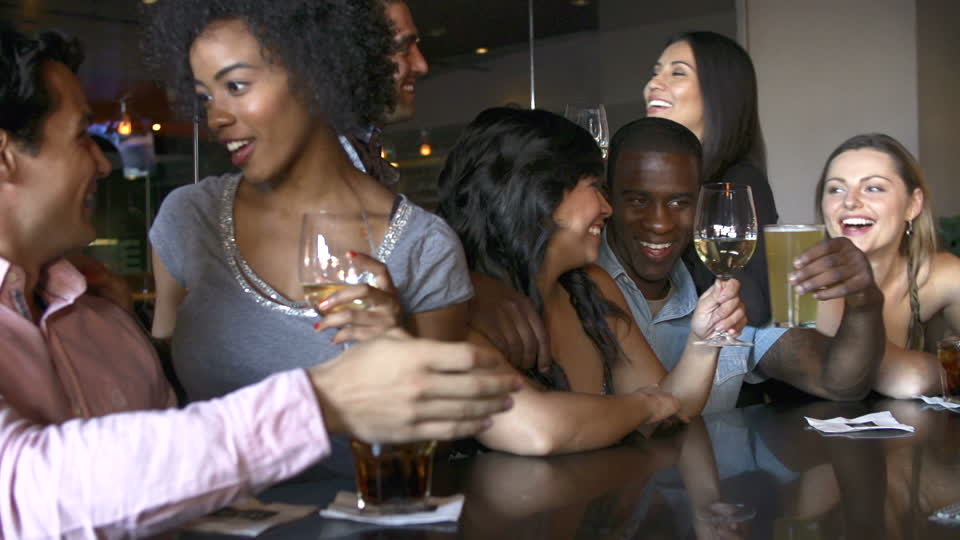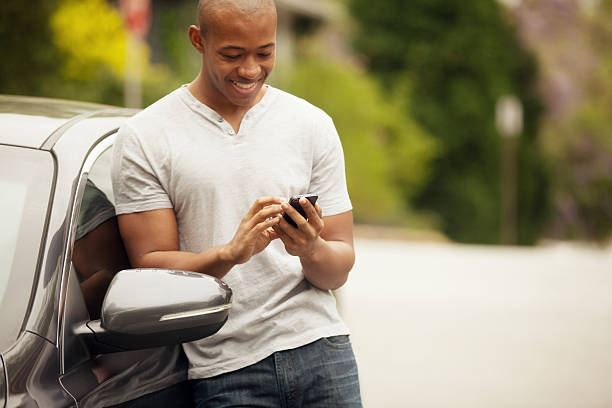10 Things To Know 
Before Your Next
Dinner Date…
by Lisa Laird
November 28, 2017
Recently, I went out to dinner with a new guy I met at a workshop. I must admit, I felt a bit intimidated because he seemed so urbane and well-traveled. We went to a French restaurant, and when the waiter put the menu in my hand, I felt even more intimidated, because I couldn’t understand some of the language on the menu, and he seemed to be well-versed.
However, when I observed his reticence to ask the waiter to change our “bad” table because he didn’t wish to make a fuss, I felt better and less chagrined about my ignorance. This thought came to me because if I had been out with girlfriends, I would have easily asked to have my table changed, but I allowed him to be in charge in respect for the male ego.
The next day, however, I got busy and educated myself on all of the etiquette details of things I should know about dining out, and I share them now with you, just in case you may be in the dark as well. When you see these words on the menu, here’s what they mean:
- A la carte (“ala CART”): all items are sold individually.
- Au poivre (“Aw PWAV”) with pepper, such as steak au poivre, crusted in pepper and cooked. This actually reduces the hotness…but not entirely!
- Au jus (“aw-JOO”) served with natural juices.
- Blanquette (“blahn-KET”) stew cooked in wine and finished with cream.
- Bonne femme (“bohn FAHM”): served with butter.
- Flambe (“flahm-BAY”): is a dish doused with brandy or liqueur and set afire, usually at tableside.
- Paillard (“Pa-YARD”): a boned, joined double breast of a fowl, usually chicken.
- Prix fixe (“pree fix”): a meal sold at a single price, which includes selections of a limited range of items. Often this is a convenience for pre-theater meals or diners in a hurry.
When You Get a Lousy Table…
Not all restaurant tables are created equal. Those near the bathroom, kitchen, piano, or busing stations are less desirable than those in quiet corners, or near the window, or with a view. If you are dissatisfied with your table as you are led to it, kindly ask for a more suitable one. Be prepared to wait if you change because others are in line. Tipping the Maitre d’ also helps you get a better table.
The Rule Of Tipping
For table service, a tip of 15 percent of the total is an acceptable tip for adequate table service; 20% is fast becoming the norm, however. It all depends on the level of service. Busboys are not tipped (they are tipped by waiters). Bartenders get 15 to 20 percent, depending on the service. The captain depends on tips for his livelihood. If he has been helpful in taking your order, worked hand-in-hand with the waiter, and then seen to your additional needs, he must be tipped. Restaurant musicians get tipped $5 for a special request, and it is perfectly all right to keep eating while it’s played, as long as you don’t talk through it. Parking valet: If there is not a service charge posted at the door ($2 to $5 in most cities), $2 upon delivery of your car is adequate. Valets are not paid when the car is dropped off (tips are usually pooled). Skittish people with expensive cars have been known to tip $20 in advance and ask the valet to use two parking spaces to prevent accidental scratching.
Done Any Good Reading Lately. Read Bonita Bennett’s Latest Books…
Click Each Cover For Excerpts.








